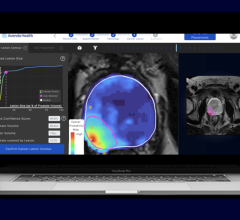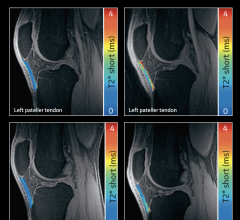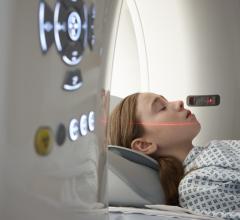September 8, 2008 - Excluding cardiac causes in patients presenting to the emergency department (ED) with chest pain using myocardial contrast echocardiography (MCE) can prevent unnecessary admissions, making it a cost-efficient tool in the evaluation of these patients, according to a study published in the Sept. 15 issue of the American Journal of Cardiology.
Assessment of patients presenting to the ED with suspected cardiac chest pain and a nondiagnostic electrocardiogram (ECG) is lengthy and costly and the study’s authors hypothesized MCE could be used as a more cost-efficient way to detecting those with chest pain that is noncardiac in nature. Accordingly, cost-efficiency was evaluated in 957 patients presenting to the ED with suspected cardiac chest pain, but no ST-segment elevation on the ECG, who underwent MCE. Economic outcome calculations were based on costs estimated from national average Medicare charges adjusted by a cost–charge ratio.
Based on routine clinical criteria, 641 patients (67 percent) were admitted to the hospital, whereas 316 (33 percent) were discharged directly from the ED. The average cost per patient using routine evaluation was $5,000. Patients with normal MCE results (523) had a very low primary event rate (death, acute myocardial infarction) of 0.6 percent within 24 hours after presentation, making it relatively safe to discharge patients directly from the ED with a normal MCE result. Researchers said if MCE had been used for decision making, 523 patients (55 percent) would have been discharged directly from the ED and 434 (45 percent) would have been admitted to the hospital, which would have prevented unnecessary admissions and tests and could have saved an average of $900 per patient.
The study was conducted by the Cardiovascular Division and Department of Emergency Medicine, Oregon Health and Science University, in Portland, OR. The work was supported by a grant from GE Healthcare and grants from the National Institutes of Health and the American Society of Echocardiography.
The study was conducted by doctors Jared J. Wyrick, Saul Kalvaitis, K. John McConnell, Diana Rinkevich, Sanjiv Kaul, and Kevin Wei.
For more information: www.ajconline.org


 August 29, 2025
August 29, 2025 









